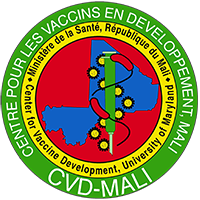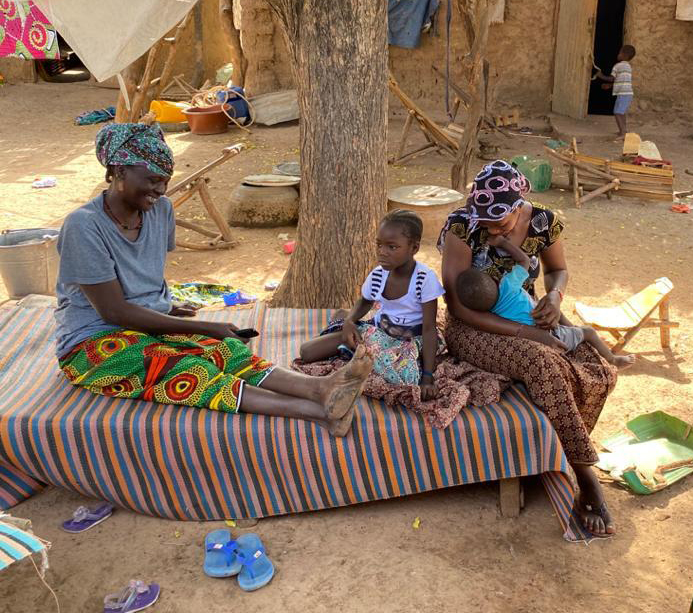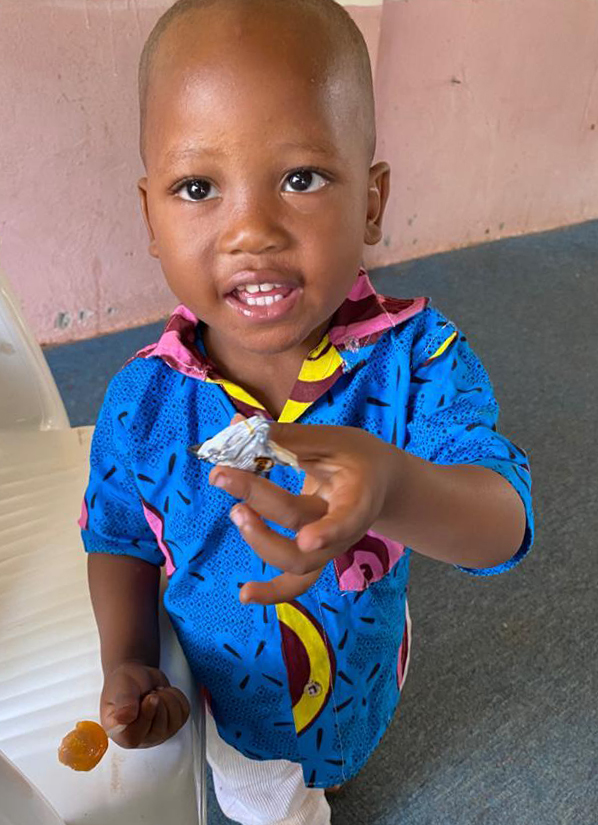At CVD-Mali we are very fortunate to be working at the moment on many different health-related projects. These include vaccine development trials, a leprosy treatment trial, maternal and child health trials as well as ongoing work on surveillance and analysis of COVID-19 in Malian communities. As always, we carry out this work in conjunction with a great many partners and funders and I would like to express my gratitude to them here, not only on behalf of my own institution, CVD-Mali, and the Ministry of Health of Mali, but on behalf of my country and its communities.
Being engaged in such a wide range of projects means that I spend much of my time in the field with my compatriots. On all these visits, it is my great privilege to be invited into people’s villages and daily lives. We talk and laugh, discuss and debate. I am honoured with confidences. Each conversation is above all else, however, an opportunity to learn about the concerns, beliefs, fears and hopes that guide the lives of people in our wonderful communities.
What I hear most often is the expression of a simple, human hope. That their children be able to grow up in good health, peace and prosperity.
These occasions are the only reminder I need of the importance – and necessity – of the work we do at CVD-Mali. Health is not and must not be seen as a luxury, or a privilege – it is, quite simply, a right. A basic, human right.
It is fundamental to our very idea of life on earth – and yet it remains out of reach for so many.
Good health means that people are able to work for the economic, social and cultural prosperity of their communities – and enjoy the fruits of their labour.
Prof Samba Sow
Access to good quality primary healthcare is critical to all aspects of our life together on this planet and is a basic, if not the basic condition, of our ability to flourish. But this requires investment – in healthcare workers and provision, in good quality training, and in the maintenance of properly established systems. Good health means that the people of a given community will be better able to work for the economic, social and cultural prosperity of that community. And it is good health which will allow them to enjoy the fruits of their labour.
Healthcare = equity = prosperity
Good health is the primary motivating factor for all the societal change we would like to see in our countries and communities. Access to healthcare goes hand in hand with the ability to access education, choice and equity.
For example, a girl who can be treated for the ailments and diseases of childhood and early adulthood has a far better chance of receiving the education that will enable her as a woman to choose and educate others in her turn. It often falls to young women too to care for elderly relatives, if they don’t have access to the care they need. A decent healthcare system would allow for children and elderly relatives to be cared for as each deserves – freeing our young girl to attend school and to translate individual wellbeing into the wellbeing of her wider community.
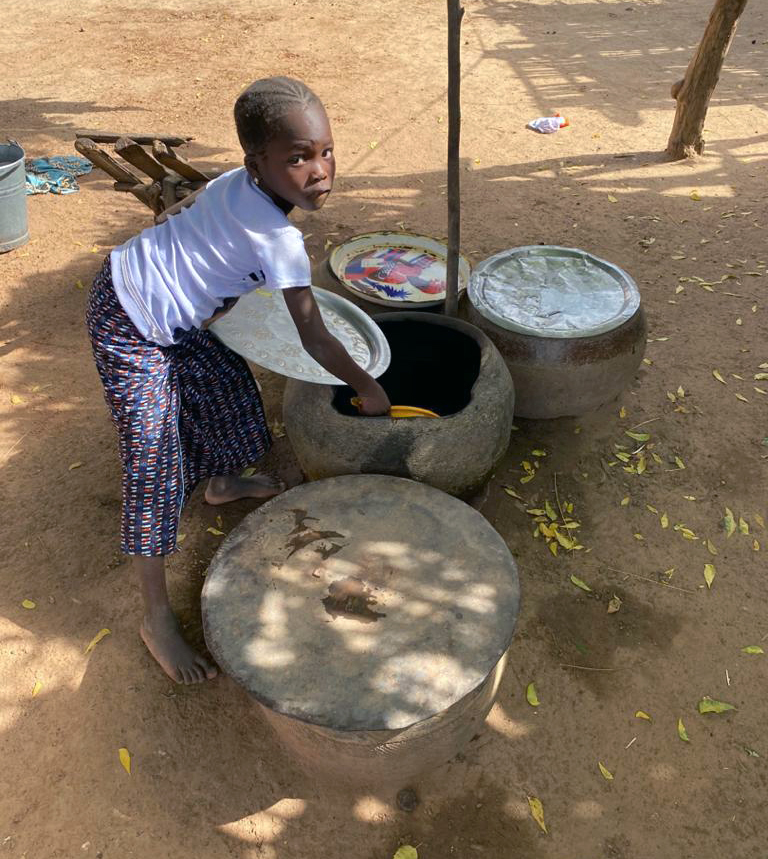
As the African proverb has it, “Educate a man and you educate an individual; educate a woman and you educate a whole family”. That is the ideal.
I know only too well, however, that this ideal seems impossibly distant to many of my compatriots. Because health is also about security – and Mali is by no means the only country to have been marred by insecurity and violence in the last few years. It should not need emphasizing, but the need for good health and good healthcare is even more desperate in refugee communities, for example, or in areas where conflict has ripped apart the already fragile systems that enabled people to get by.
Poverty and ill health go hand in hand
In these areas, as in so many others whose populations are made to subsist in poverty, proper healthcare starts with the basics – water, sanitation and hygiene. Far too many people still have to live without these necessities which, once obtained, represent a huge step forward in the fight against all kinds of diseases.
For health is, of course, inextricably linked to poverty. And wherever there is extreme poverty, poor health and diseases of poverty will continue to thrive.
The plethora of problems facing these communities in their literal struggle for survival may seem insurmountable – so many things need to change for everyone to be afforded the basic right to good health.
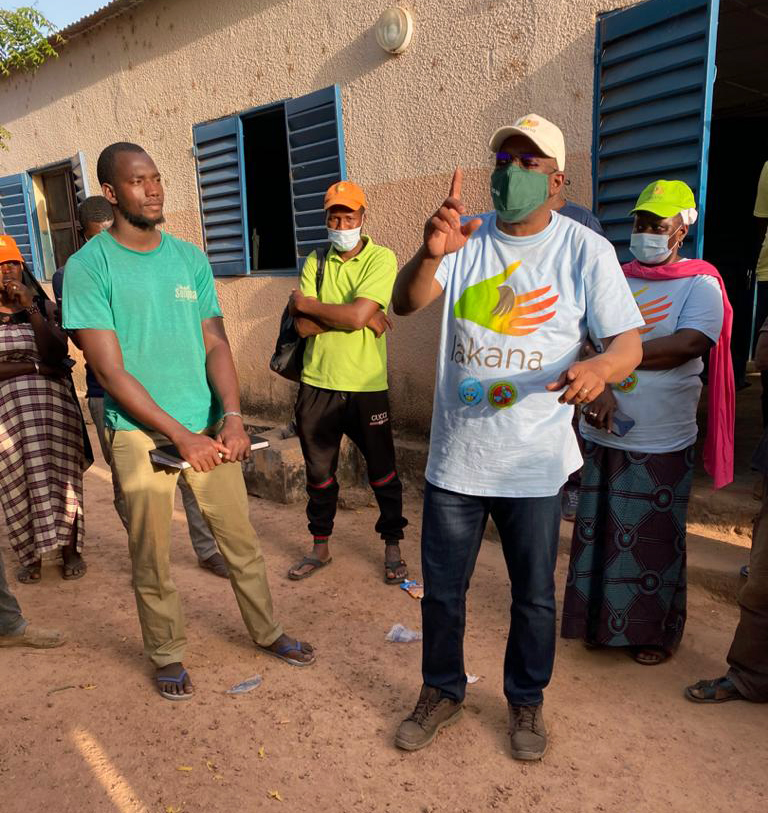
To my mind, this demonstrates the need for clear, universally acceptable goals and outcomes.
And WHO’s sustainable development goals are precisely that – a list of the steps needed to translate abstract goals into real achievable outcomes for the people on this planet who need them most.
We can achieve great things if we work with each other in solidarity, mobilising the global community to a common end
Prof Samba Sow
Partners in action
The COVID-19 crisis over the last year and more has taught us a great many things. To my mind, there are a few major lessons we can learn: the first is that we can achieve great things if we work with each other in solidarity, mobilising the global community to a common end. The second is that good, just and principled leadership is essential to drive that goal.
As we mark World Health Day today, therefore, I would like to thank WHO for its role in advocating for those who need not only political representation but the implementation of their human right to health.
I thank all those who work tirelessly, trying to build that better world.
For my part, I will say only that you can always count on us, the entire CVD-Mali team, as your partners in action.
Samba O Sow, Director General, CVD-Mali
